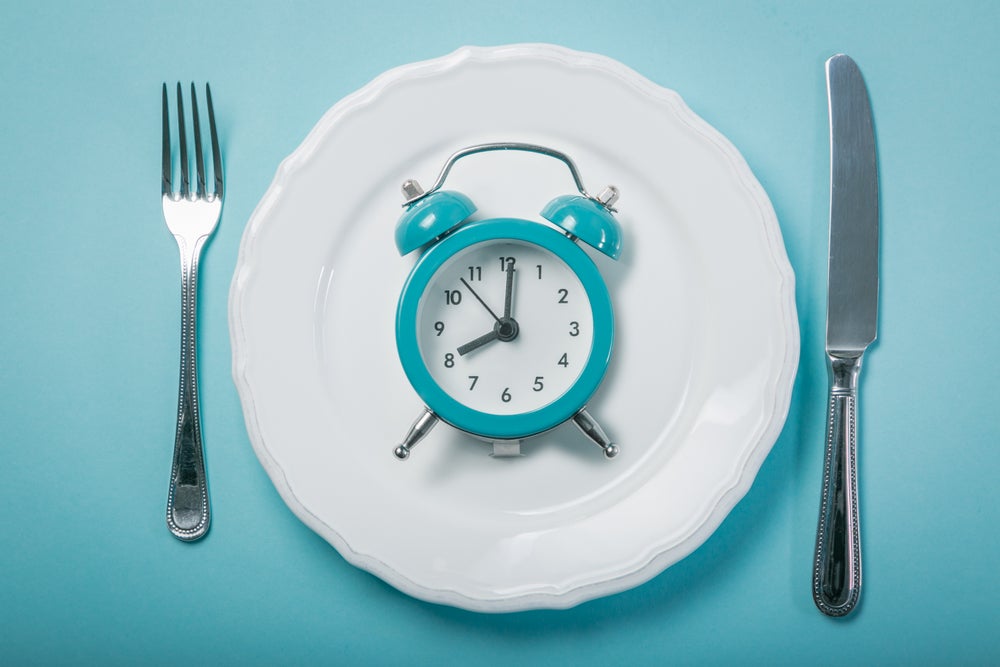What is Autophagy?

Q: Everyone is talking about autophagy – what is it?
Autophagy refers to a kind of cellular cleanup in which old, broken down or dysfunctional cells are removed and recycled and the process of cellular repair is initiated. It’s a kind of evolutionarily determined self-preservation mechanism on the part of the cells, the cellular equivalent of a reboot button on your computer. The word autophagy combines auto– (“self”) with –phagy (“eating”) and can be thought of as a kind of cellular cannibalism that your body performs to get rid of the bad stuff and strengthen the good.
Autophagy is believed to play a big role in longevity and optimal health. A great way to “turn on” autophagy is with a keto diet and/or with intermittent fasting. Why?
See Also 5 Things to Know About Intermittent Fasting
Autophagy is also an adaptive response to starvation; the cleanup process starts when you stop eating. That’s why intermittent fasting is so good for turning it on. For reasons not clearly understood, the keto diet accomplishes the same thing. And don’t hit the panic button on the word starvation. There’s a reason why intermittent fasting is intermittent — your fasting window is just temporary (but highly effective).
Will Cole, IFMCP, DC, author of Ketotarian, puts it this way: “Keeping autophagy at a healthy, active level is another way to keep your inflammation levels balanced and prevent accelerated aging and disease.”